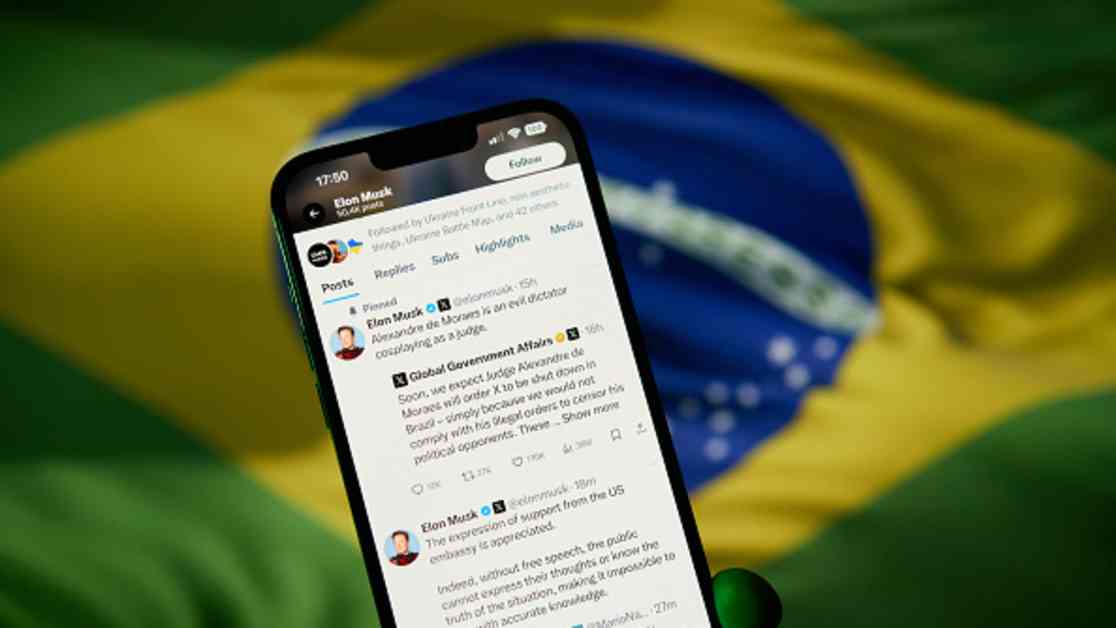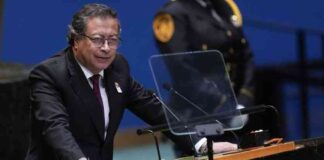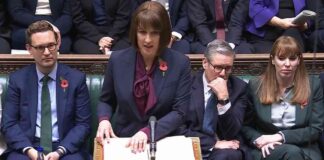Brazil’s federal supreme court has taken a drastic step by unanimously upholding orders to suspend the use of Elon Musk’s social network X nationwide. The decision comes after a controversial series of events that have pitted the tech billionaire against the Brazilian judiciary. Justice Luiz Fux voted to uphold the suspension but expressed concerns about the court’s ability to fine individuals or businesses engaging in “subterfuge” to access X while it is blocked, such as using VPNs.
The court’s top justice, Alexandre de Moraes, issued the suspension orders late Friday after warning Musk and X to appoint a legal representative in Brazil within 24 hours or face penalties. X had previously defied court requests to remove content that violated Brazilian laws on political misinformation and hate speech online. As a result, the court also froze the financial assets of another Musk-led business, Starlink, in Brazil to ensure compliance with the fines.
Brazil’s telecoms regulator Anatel instructed internet service providers, including Starlink, to block access to X in the country until it complies with the court orders. Despite this, Starlink has informed the regulator that it does not intend to comply, risking the possibility of having its licenses revoked in Brazil. As of early Saturday, the suspension of X was in effect, rendering the app and website mostly inaccessible to users in the country.
Musk and his companies have vehemently opposed the court’s actions, labeling them as “illegal” and lacking due process. The tech billionaire has gone as far as calling for the impeachment of Justice de Moraes and escalating tensions with the Brazilian government. Musk has also made threats of reciprocal actions, including seizing assets of those supporting the current regime in Brazil.
The blocking of X in Brazil has sparked debate among users and politicians over the legitimacy of the ban. Many Brazilians have struggled to navigate other social media platforms in the absence of X, while some have shifted to alternative networks like Bluesky. SpaceX and Musk have not yet responded to requests for comment on the matter.
Despite Musk’s claims of being a free speech advocate, his actions with X have been inconsistent. While he has resisted orders from authorities in Brazil and Australia, X has censored content critical of ruling parties in countries like Turkey and India. This raises questions about the tech billionaire’s commitment to freedom of expression on his platforms.
Impact on Brazilian Users
The suspension of X in Brazil has had a significant impact on users in the country, many of whom relied on the platform for communication and information. With X now inaccessible, users have been forced to find alternative ways to connect with their online networks. The blocking of X has also raised concerns about the broader implications for freedom of speech and online expression in Brazil.
Legal and Ethical Implications
The legal and ethical implications of the court’s decision to block X in Brazil are complex and multifaceted. On one hand, the court is justified in enforcing its laws and protecting its citizens from harmful content online. However, the manner in which the suspension was carried out, without due process and legal representation for X, raises questions about the fairness and transparency of the judicial system.
Global Ramifications
The blocking of X in Brazil could have far-reaching consequences beyond the country’s borders. As a major non-NATO ally to the U.S. with a highly online population, Brazil’s actions against X could set a precedent for other countries facing similar challenges with social media platforms. The international community will be closely watching how this situation unfolds and the impact it has on global tech regulation.
In conclusion, the suspension of X in Brazil represents a critical moment in the ongoing debate over online freedom of speech and regulation of social media platforms. The clash between Elon Musk and the Brazilian judiciary highlights the complexities and challenges of balancing free expression with the need to protect users from harmful content. As the situation continues to evolve, it will be essential for all parties involved to engage in constructive dialogue and find a resolution that upholds both legal standards and fundamental rights.






















